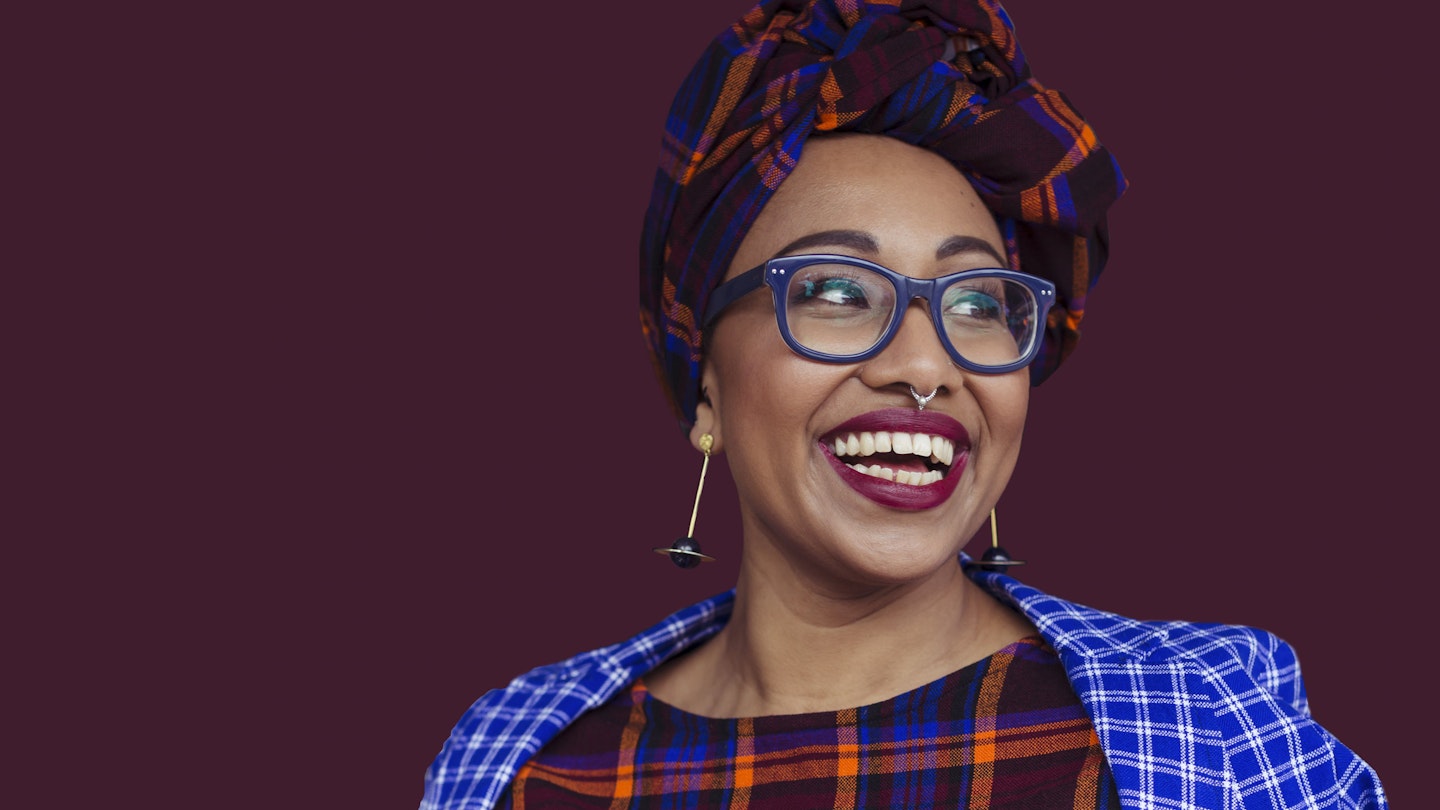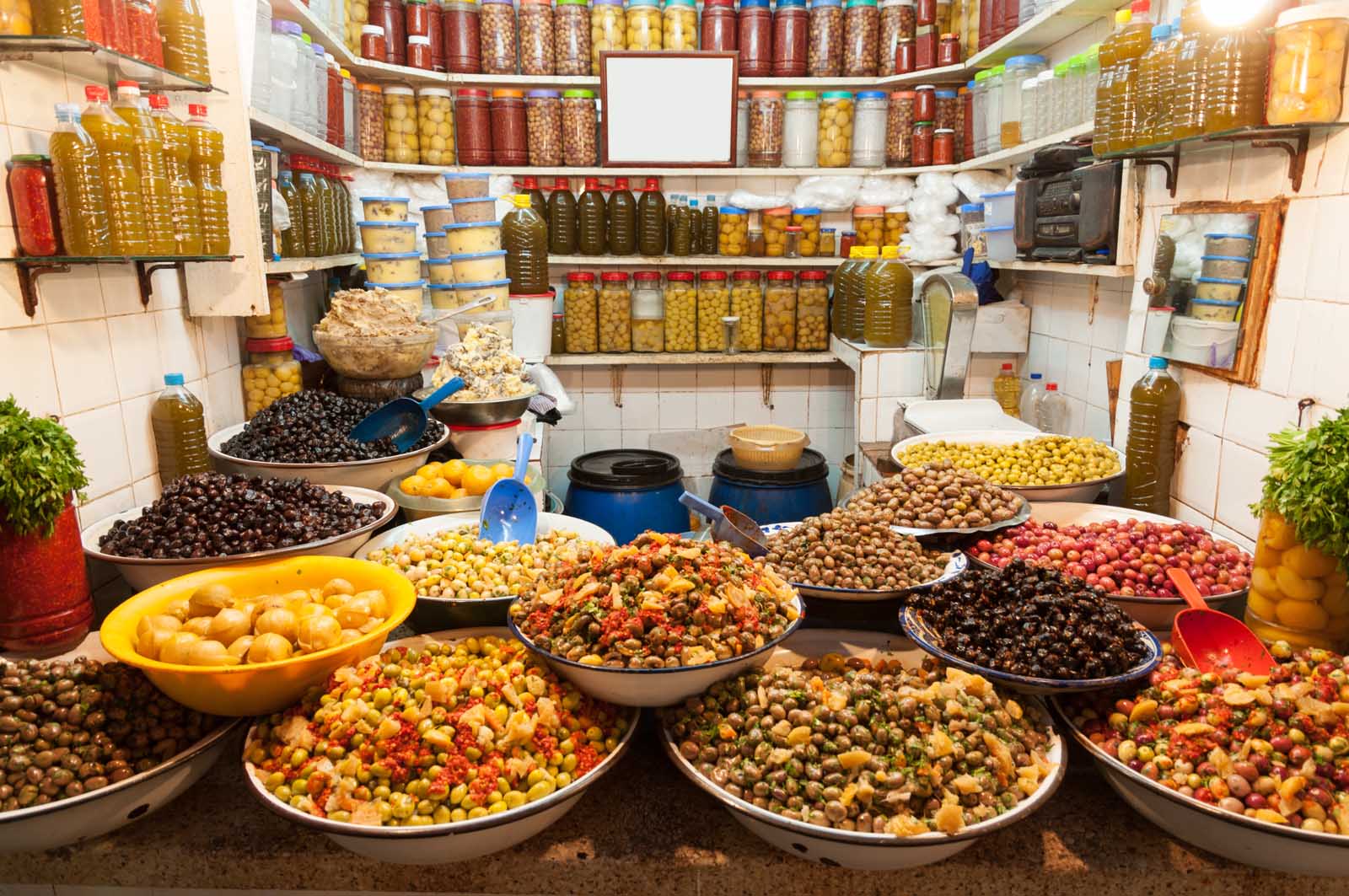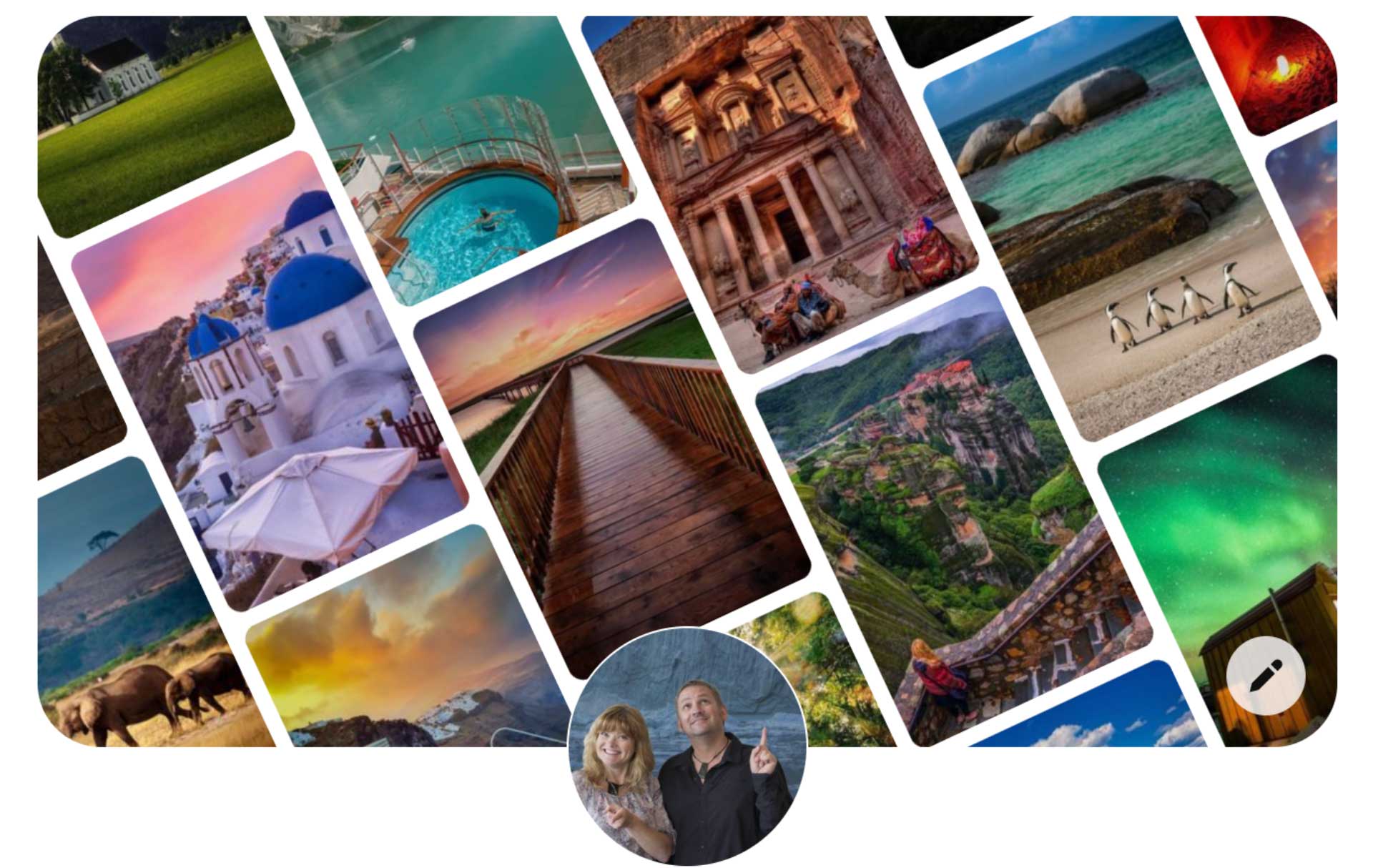Ramadan is a holy month filled with spiritual cleansing, unity, sharing, and communal gathering. With COVID-19 impacting daily life, religious communities of all ages and backgrounds are adapting their approaches to practicing faith.
Imams in New York and other U.S. cities now turn to live streams for sermons and Friday prayers, while the holy Kaaba in Mecca was empty for the first time in 24 years. How will Muslim communities around the world celebrate Ramadan during these unprecedented times?
USA

Ramadan is typically a busy social month for Sally Elbassir, a travel blogger and social media manager from California. This year, however, Sally’s family will host guests for Iftar (the meal to break the fast) only sparingly, opting instead to take turns preparing special meals for each other weekly. She notes, “Ramadan will be easier this year because some of us are working from home; we don’t have to worry about commuting through busy LA traffic.” Although Sally’s travels and business collaborations have been impacted, she tries to maintain a positive attitude, reminding herself, “We aren’t forced to be at home; we get to be at home for self-development.”
In Texas, Mouad Al Krmagi, a field engineer, finds that business continues as usual despite COVID-19. Nonetheless, this Ramadan will feel different to him. “I wouldn’t be able to pray Taraweeh (the night prayer traditionally offered during Ramadan), which is one of my favorite traditions,” he shares. With a work schedule that includes a week off after two weeks of fieldwork, Mouad intends to dedicate his time off to prayers and reading the Quran, confident that this pandemic will ultimately lead to positive growth for individuals and communities.
Spain

Noha El Heddad, an emergency physician in one of the European countries hardest hit by COVID-19, confronts the challenges of her profession daily. She explains, “I see COVID-19 patients every day; they are coughing in front of me.” Initially, she felt overwhelmed with the fear of transmitting the virus to loved ones, but she has turned to reflection and meditation for solace amidst uncertainty.
A social butterfly, Noha also runs an organization that empowers women while coordinating travel around Europe. Juggling the demands of treating patients and facing social isolation, her focus this Ramadan will be on self-care and strengthening family bonds during her days off from work.
UK

Yassmin Abdel-Magied, an award-winning social advocate, writer, and broadcaster based in London, acknowledges the challenges of being away from family, friends, and community this Ramadan. She reflects, “There will probably be a lot of Zoom calls, especially at Iftar. I will need to be creative in finding ways to incorporate faith into my routine, perhaps through more online lectures.” Yassmin believes that this period will allow her to deepen her spiritual practices.
Belgium
Hanan Challouki, the managing partner of Allyens and co-founder of MVSLIM, was excited to celebrate her first Ramadan as a newly-wed. However, the lockdown led to a shift in plans, as she now anticipates a more intimate Ramadan experience. Hanan appreciates that there will be less social pressure, stating, “I don’t have to dress up five times a week for festive outfits to attend Iftars. I kind of like that.”

She plans to connect virtually with loved ones through video calls. While Hanan is optimistic, she acknowledges that Eid ul Fitr will be particularly challenging this year. Nevertheless, she finds comfort in community efforts, stating, “A Belgian mosque raised €38,300 to donate to local hospitals, and restaurant owners are preparing meals for the elderly living alone. These acts of kindness will help maintain our connections during this Ramadan.”
Tanzania

For Fatma Makame, a radiologist in Tanzania, family and community are at the heart of Ramadan. “I occasionally pray Taraweeh at the mosque, which I will miss,” she states. Additionally, the inability to gather as an extended family is a poignant change. However, technology allows her to stay connected with loved ones through phone calls and messaging, enabling them to maintain their traditions.
Singapore
“COVID-19 has put a lot of things into perspective,” shares Hakimbo Hakim, a business development manager in Singapore. He recognizes that family visits, once taken for granted, now pose a risk. This Ramadan, he will miss the moments of praying and breaking fast with family.

This year, Ramadan may feel isolating; however, Hakimbo sees it as an opportunity for self-reflection. His annual donation will remain unchanged, emphasizing the importance of giving back. “I’ve already cleaned up my closet in preparation to donate my clothes,” he notes. Cooking, housework, and unwinding with Netflix help him navigate this challenging period.




